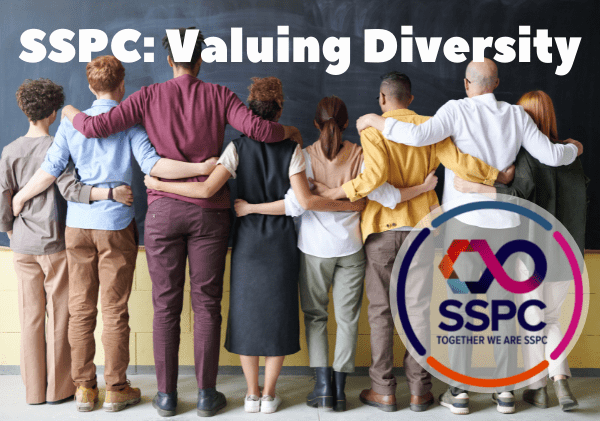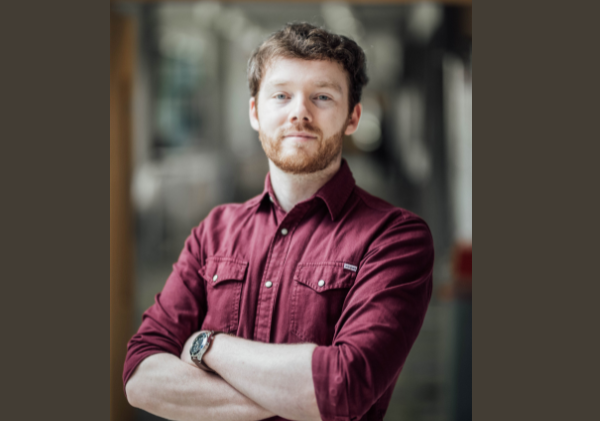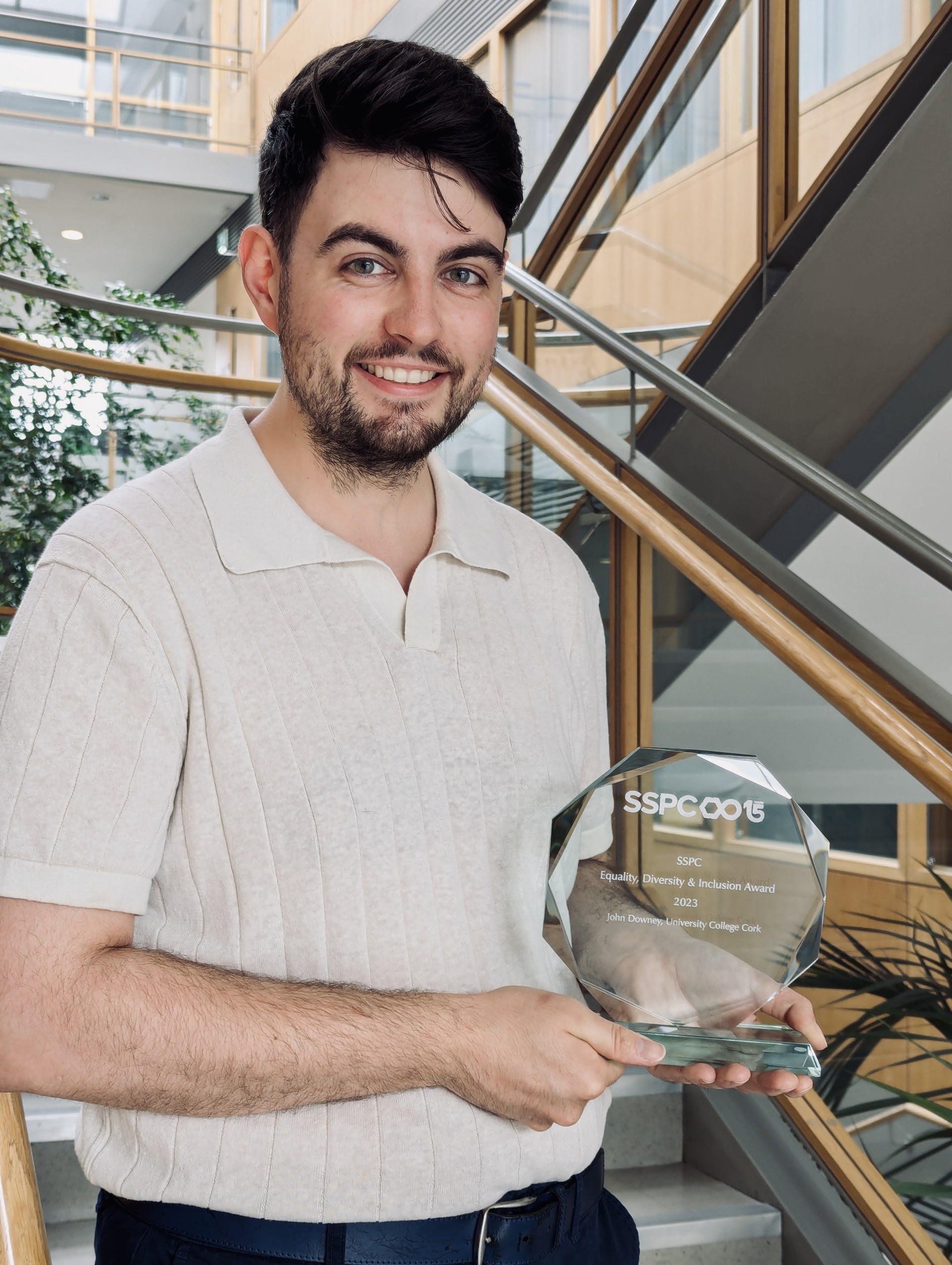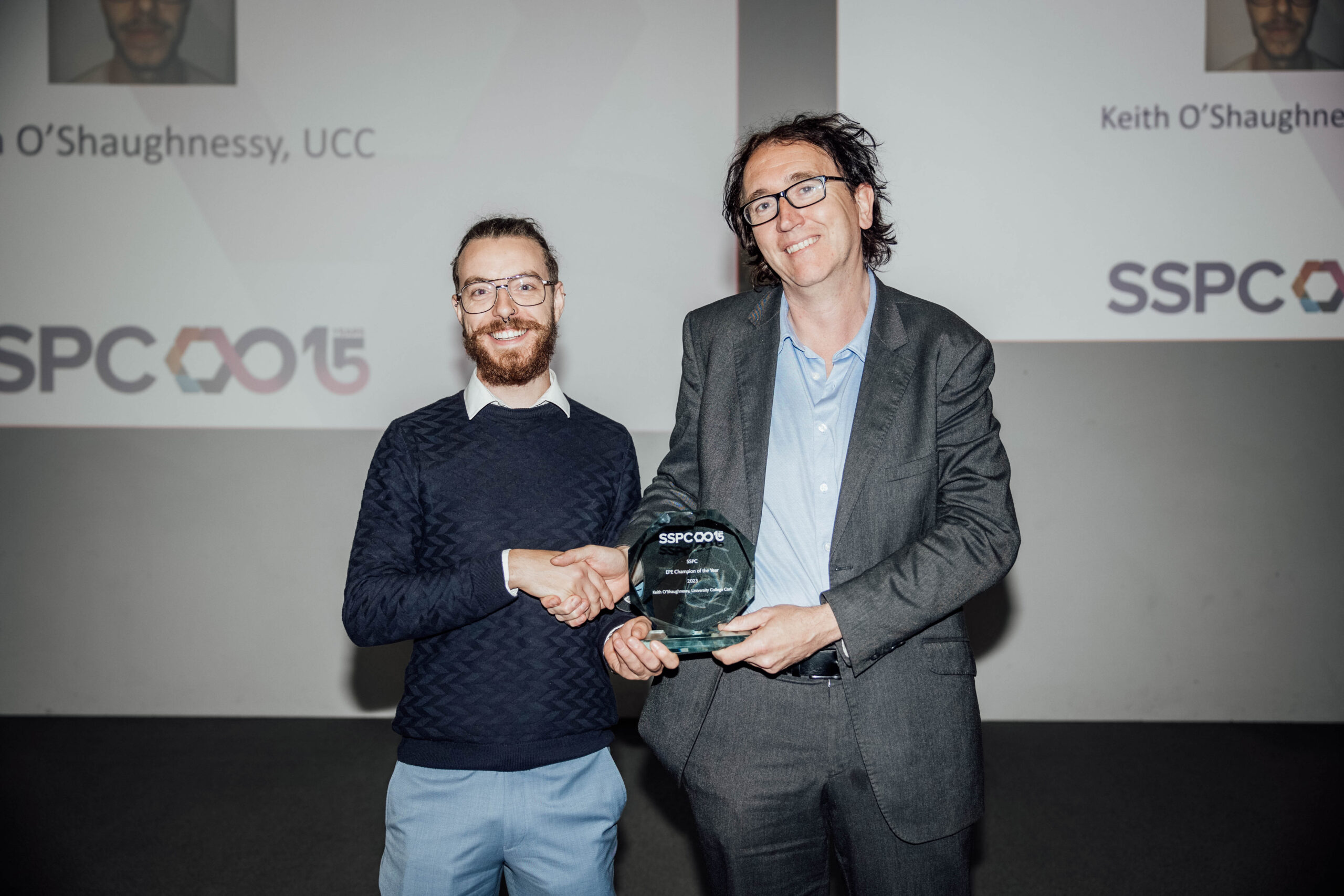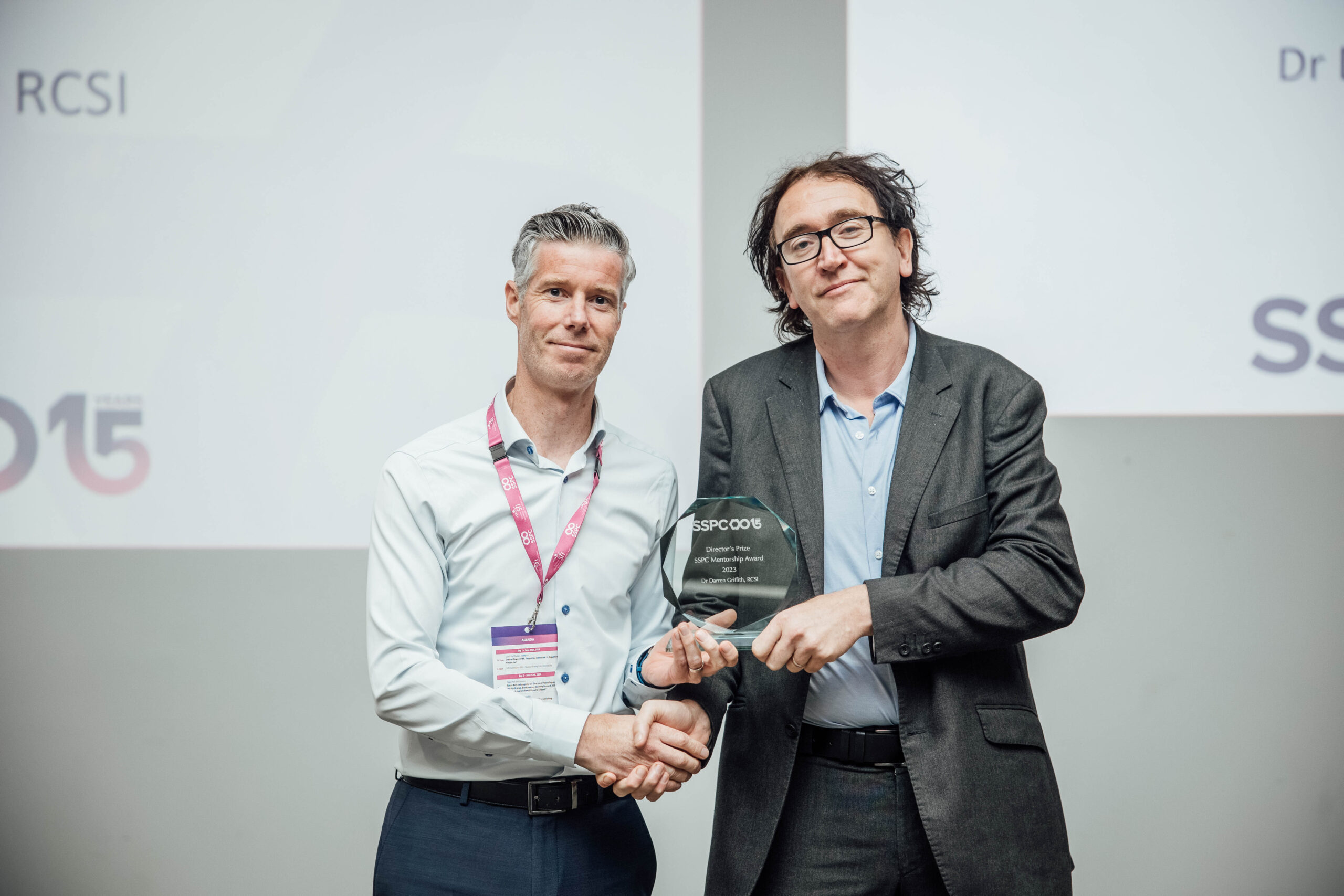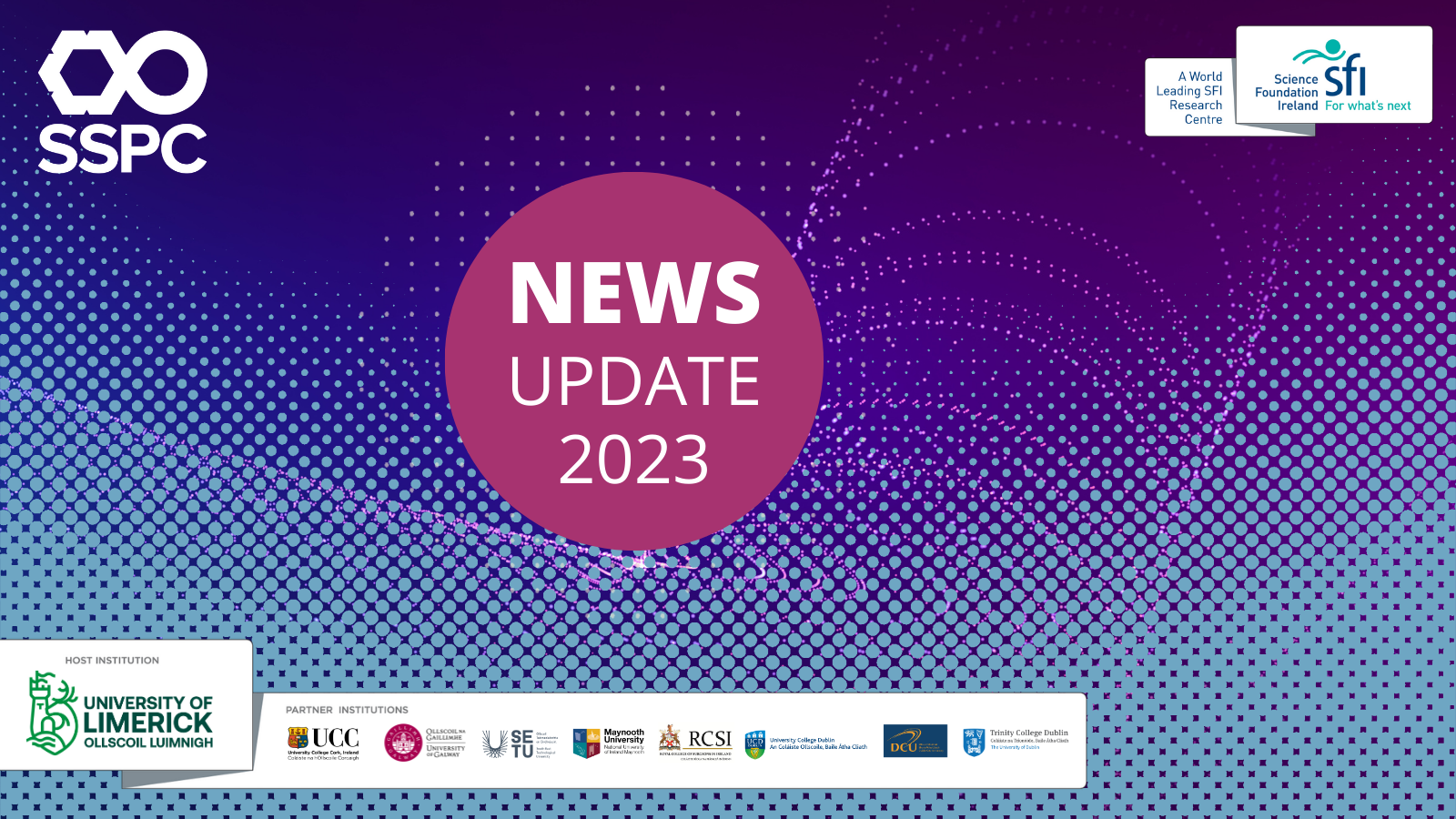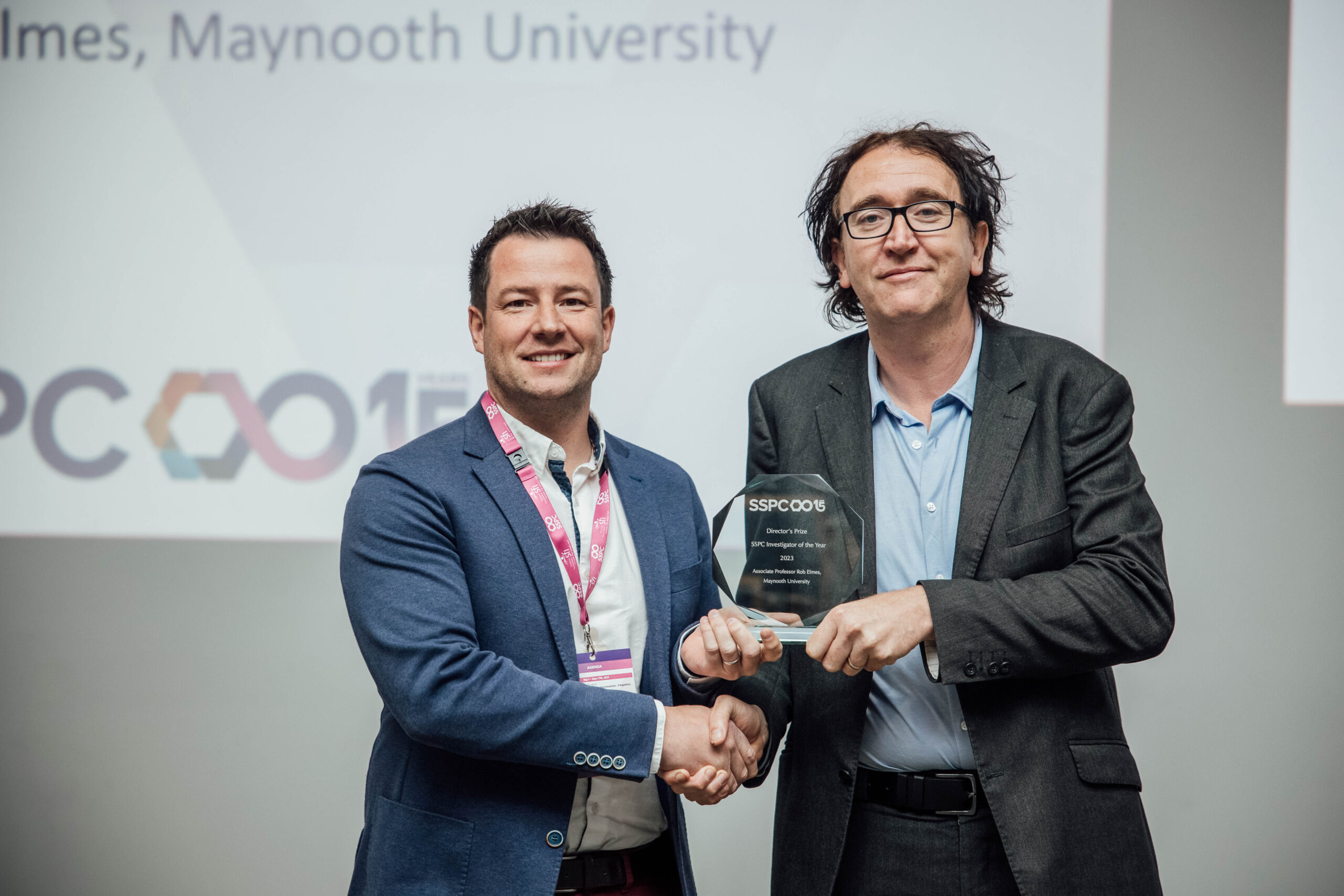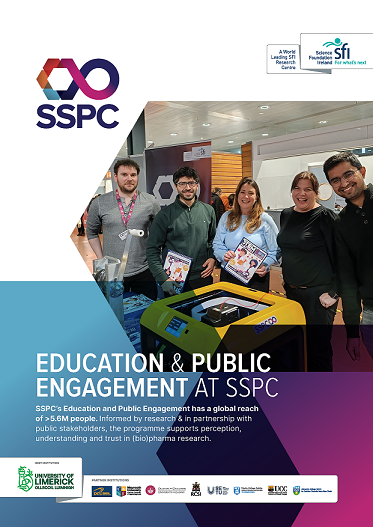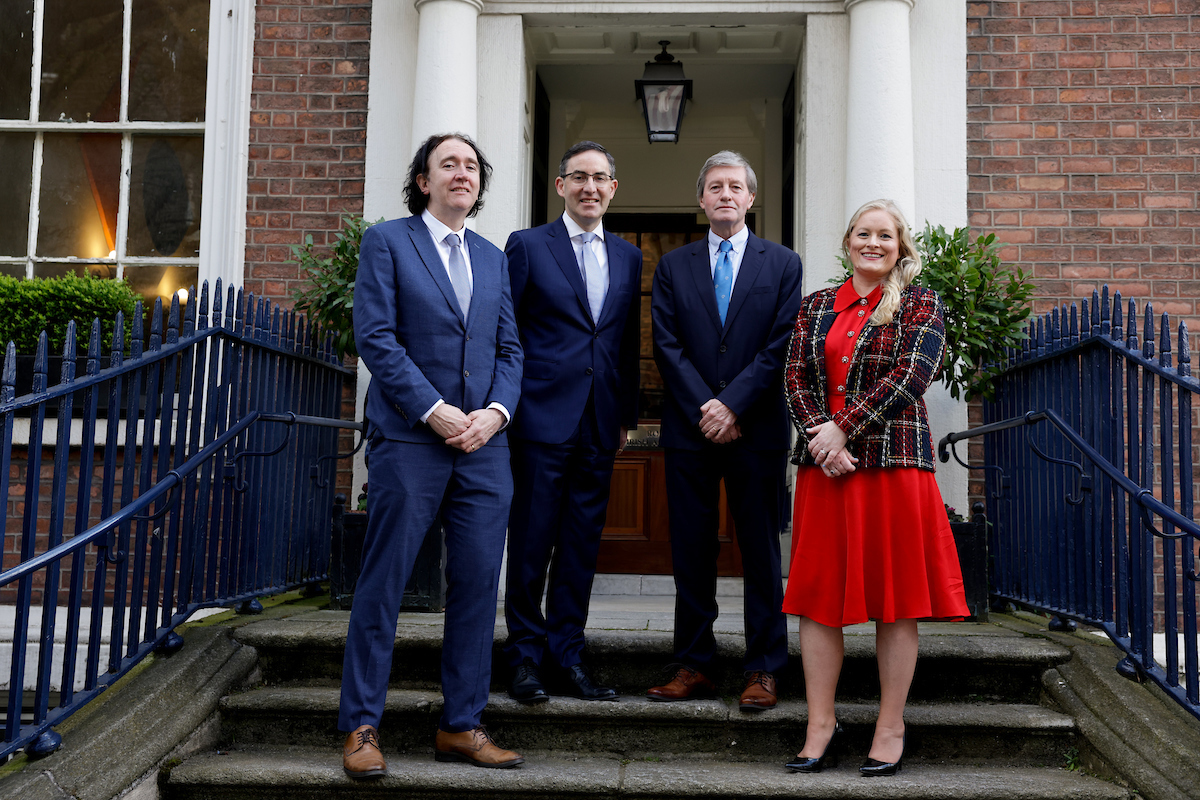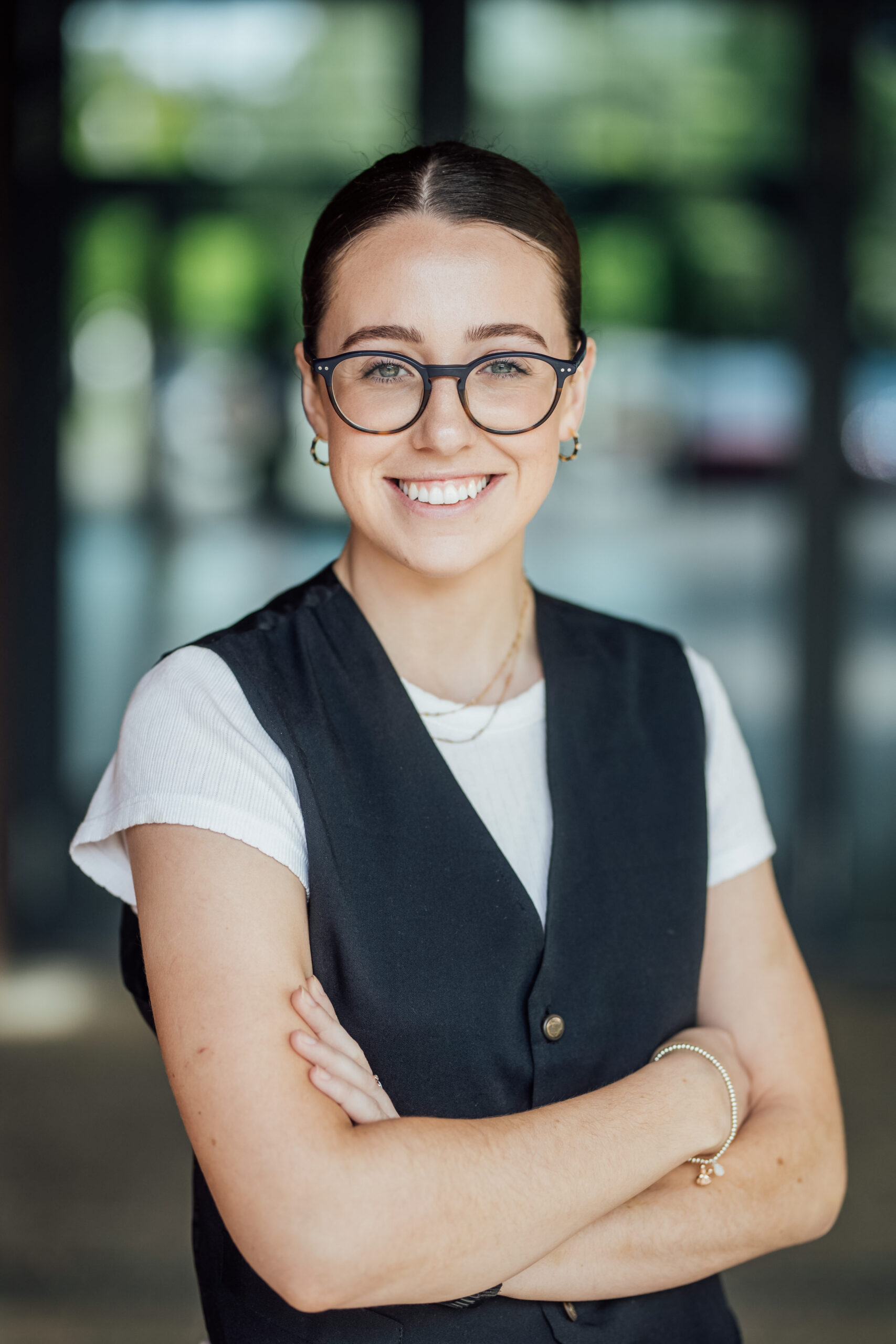SSPC’s Diversity, Equality and Inclusion Council presents its first open event on Wednesday, June 2, 2021 from 2-4pm.
Value Statement
“Diversity drives innovation in SSPC and we are committed to embedding a culture of diversity, equality and inclusion. We are building a sense of belonging to ensure everyone reaches their full potential. We are creating an organisation where everyone is welcome, because our differences are what make us strong.”
SSPC DE&I Council, Constantina Papatriantafylopo, Eilis Kernan (Chair) APC, Ger McGlacken, Jimmy Barrett MSD, Khaled Elkassas, Marina Rubini, Monika Myslinska, Sarah Guerin, Sarah Hayes & Waleed Faisal.
Keynotes
We are delighted to present keynotes from Dr Liz Elvidge, Head of Postdoc and Fellows Development at Imperial College London and Danielle Watt, Director of Diversity, Outreach, & Recruitment in Biomedical Sciences, University of Minnesota.
Dr Liz Elvidge
Title: ‘Gender inequality: lessons learnt to work on other areas of EDI’.
Bio: Dr Liz Elvidge is the Head of Postdoc and Fellows Development at Imperial College London. She is a leading national and international expert in postdoc and researcher development and co-authored the book “What every postdoc need to know, Elvidge, L, Spencely, C, Williams, E (2017) World Scientific. Liz is also an expert in supporting female early career researchers and academics and was awarded the Dame Julia Higgins Medal in 2015 for ‘Outstanding support for female early career researchers’
Danielle Watt
Title: “Building the Foundation for an Inclusive Environment”
The talk will largely focus on how to create a diverse and inclusive community with directive from leadership, communicating DEI goals, removing barriers to trainee success and to the Centre’s goals, and how to foster relationships for support and success.
Bio: Danielle L. Watt received her B.A. in chemistry from Albany State University, an HBCU in Albany, GA and a Ph.D. in biological organic chemistry from the University of Connecticut, Storrs, CT, where she studied how chemicals in the environment may damage DNA causing mutations that could ultimately lead to lung cancer. She went on to conduct biomedical research in the fields of cancer development and DNA replication and repair as a postdoctoral researcher at the National Institute of Environmental Health Sciences, NIH. Before transitioning to higher education administration to focus her efforts on the professional development of early career scientists and increasing underrepresented minorities in STEM through managing undergraduate research training programs and K-12 outreach, she was a visiting scientist at Umeå University, Sweden studying DNA replication enzymes.
– Danielle has an optional pre-session activity- attendees may take an IAT and reflect on their initial reaction to the results by writing the responses to the session (This is optional but encouraged as I will discuss IAT).
1. Take at least two Implicit Association Test by Harvard University.
2. On a sheet of paper or electronic document, record your initial reaction to the test and then review the IAT results worksheet and complete the reflection questions.
3. Review this handout of Implicit Bias Mythbusters.
Panel Discussion: Keynotes will join the panel discussion with Paul McCabe: Paul is board member & current Chair of IBEC BPCI, member of the National 30% Club Ireland Steer, Co, Co-Lead of the Pharma Sector Working group on Diversity & Inclusion (BPCI DIB Working group), member of the Advisory Board of the DCU STEM Internship programme and on board of IMR (Irish Manufacturing Research).
Paul is recognized as a trusted leader known for creating the best organisational cultures, which empower people to achieve sustained high performance. I have led multiple local & global matrix teams and has a proven track record in delivering on significant operational, capital, and strategic initiatives.

